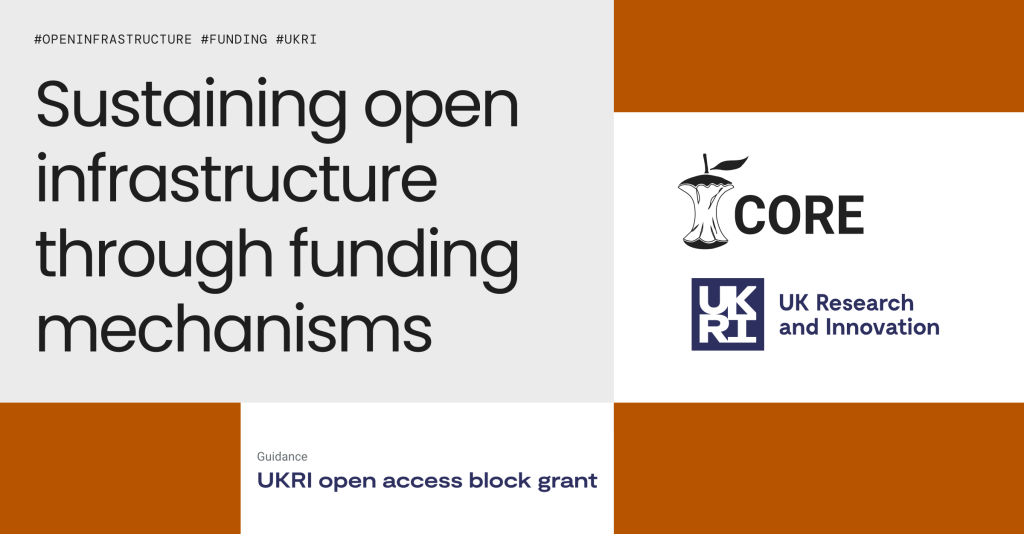Across the globe, higher education institutions are navigating intense financial pressures. Rising inflation, frozen tuition fees, and the increasing costs of digital services are stretching budgets thin. For repository managers and librarians, these pressures often translate into tough decisions about which services to keep and which to cut. In this context, open access infrastructure like CORE (COnnecting REpositories) can sometimes appear to be a “nice-to-have” rather than a necessity. But in reality, services like CORE are not luxuries; they are essential infrastructure that keeps research visible, discoverable, and compliant.
Cutting back on open scholarly infrastructure may seem like an easy way to save money, but the consequences are long-term. Research outputs risk becoming hidden, institutional visibility is reduced, and compliance with funder mandates becomes harder to evidence. Repository teams, already balancing shrinking budgets with increasing expectations from academics, funders, and policymakers, face additional strain.
Highlights
The UK as a case study: funding through the UKRI Open Access Block Grant
In the UK, higher education institutions have access to a powerful mechanism that helps sustain open access services: the UKRI Open Access Block Grant (OABG). This fund, designed to support the implementation of the UKRI Open Access Policy, can be used flexibly to cover a wide range of eligible costs—including repository support, staffing, and infrastructure.
We know from our own conversations with members that several UK institutions have already chosen to use the OABG to sustain their CORE services. This approach highlights how existing funding streams can be used strategically to protect essential infrastructure. It is a practical, outcomes-oriented way of ensuring that public investment in research also secures public access and long-term discoverability.

Lessons for the global community
The UK’s OABG offers a useful case study for institutions worldwide. While funding mechanisms vary by country, the principle remains the same: open access infrastructure is not an add-on but a core enabler of research visibility and impact. In North America, for example, universities have faced six- and seven-figure reductions in collections budgets, underscoring the need to allocate funds strategically to discovery and repository-enabling services. In Europe, Africa, and Asia, libraries face similar pressures, balancing flat budgets against the rising costs of scholarly communication.
Where block grants, consortial funds, or institutional open access budgets exist, dedicating a portion to services like CORE is both compliant and strategically wise. Where such instruments are lacking, the community has an opportunity to advocate collectively for funding mechanisms that treat open access as critical infrastructure rather than optional expenditure.
Supporting repository teams in difficult times
At CORE, our role goes beyond providing indexing services we work alongside our members to identify practical pathways for sustaining open infrastructure. Whether through existing mechanisms like the OABG in the UK or through collaborative advocacy in other regions, our shared goal is to ensure that repositories remain visible, discoverable, and impactful, even under financial strain.
For decision-makers, the question is not whether institutions can afford to support services like CORE, but whether they can afford not to. Losing visibility layers risks turning open outputs into isolated PDFs. Preserving infrastructure like CORE safeguards compliance, strengthens global discoverability, and supports already stretched repository teams.
As we continue these conversations, including at our upcoming Board of Supporters meeting, we invite you to share your perspectives: What mechanisms exist in your region to protect open infrastructure? And where they are absent, how can we work together to build them?
Sustaining open access is a collective responsibility, and together, we can ensure that knowledge remains visible, accessible, and open for all.
